NIGMS-RISE Program
The Graduate Research Training Initiative for Student Enhancement (G-RISE) is a student development program granted by the National Institute of General Medical Sciences. Its goal is to develop a diverse pool of students earning a PhD and provide them with the necessary skills to successfully transition into careers in the biomedical research workforce. The RISE program at Ponce Health Sciences University was funded by R25GM082406 from 2008 until 2022, when it converted to G-RISE (supported by T32GM144896). It provides the organizational structure and extensive mentoring necessary to ensure trainees have a sense of belonging and scientific identity while empowering them to prepare for and overcome obstacles in their scientific careers.
The G-RISE Program at Ponce Health Science University has specific measurable objectives that aim to provide trainees with:
1. Professional, operational, and technical research skills training
2. Communication skills training
3. Team building/networking opportunities
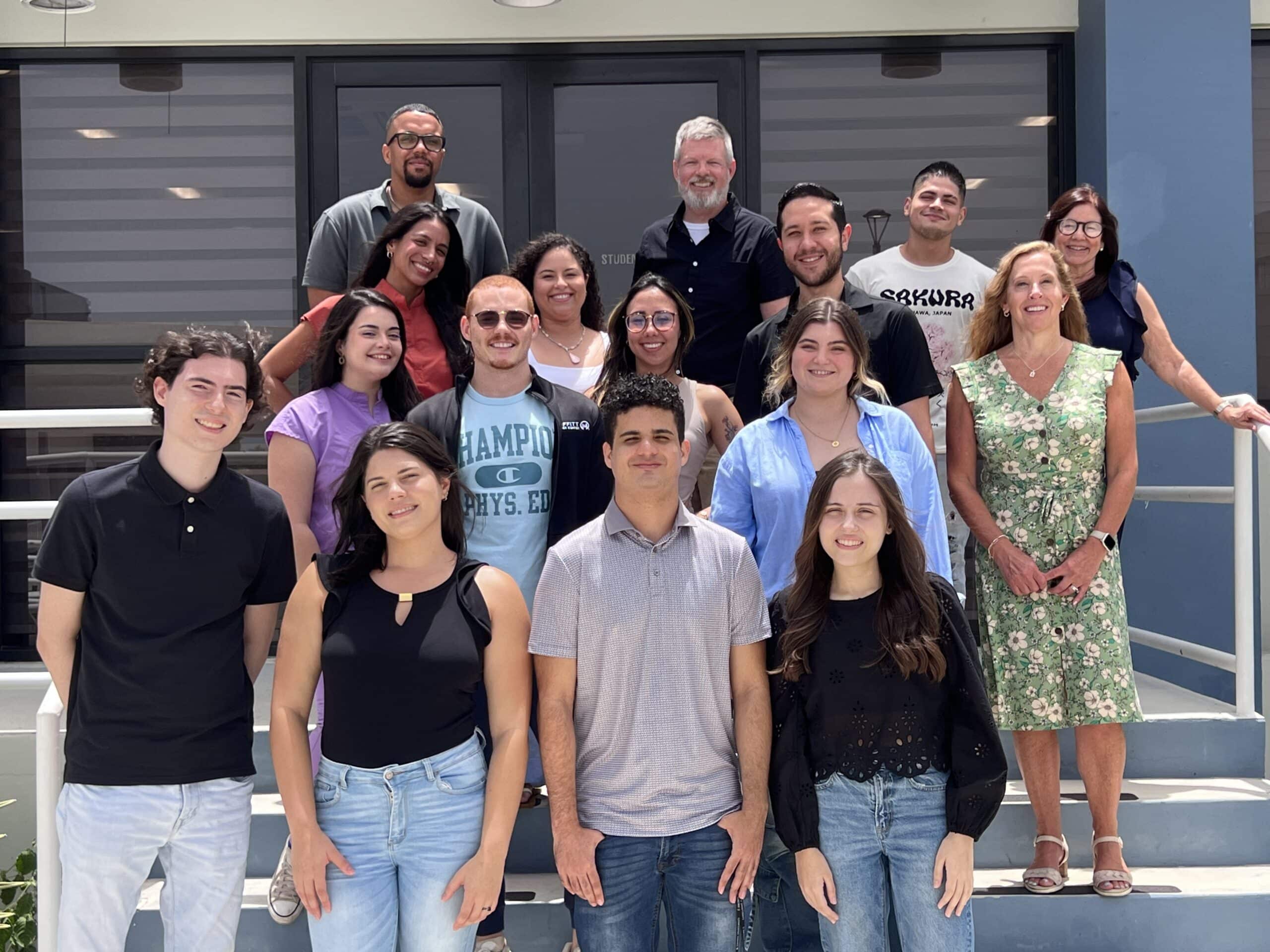
Applying
RISE eligibility criteria:
- US citizens or permanent residents
- Enrolled full-time in the PHSU Biomedical Sciences PhD program.
Application deadline to Ph.D. program is April 15. Application forms are available in the PHSU admissions office or online.
Students accepted to the Ph.D. program will be considered for appointment in the RISE program. RISE admission decisions will be made after students have been officially accepted into the PhD program.
Criteria for incoming PhD students:
Undergraduate GPA and coursework, research experience, post-bachelor’s coursework, presentations/publications, interview, and writing sample.
Criteria for current students in the PhD program:
Graduate GPA, progress towards PhD (presentations/publications, fellowship applications, research proposal), and letters of recommendation.
Newsletters
2023
- G-RISE Update January-February 2023
- G-RISE Update March-April 2023
- G-RISE Update May-June 2023
- G-RISE Update July-August 2023
- G-RISE Update September-October 2023
- G-RISE Update November-December 2023
2024
2025
Benefits
To improve their performance, participation and success in the Ph.D./RISE Program, selected trainees receive the following benefits:
Financial support
Stipend of $27,144.00 per year, paid tuition, and annual funds for lab supplies.
Networking opportunities
- Paid travel to attend one domestic, scientific conference per year.
- Participation in: biomedical seminars, lunch with the speaker, regional scientific conferences.
Mentoring
A structured mentoring team comprised of a faculty advisor, a research mentor and a student peer mentor to provide advice, support and guidance as needed.
Professional development
- Continuous and enhanced “hands-on” professional and research training in multiple topics related to career development and technical skills.
- Advanced instruction in communication and writing
- Participation in annual Philosophy of Science retreat and other developmental workshops.
Trainee Requirements
The following criteria are intended to serve as guiding principles to assist trainees and research mentors to support the goals of the NIGMS-RISE Program at PHSU in developing outstanding students with the knowledge and skills to successfully complete a Ph.D. degree and advance to competitive postdoctoral positions and meaningful career opportunities. Trainees are evaluated each semester by the Internal Advisory Committee. Annual reappointments are contingent upon trainee’s successful compliance with the following requirements and criteria as well as their research progress and ability to meet the long-term goals of the NIGMS-RISE Program. Additionally, reappointments will depend on the number of spots available and the quality and quantity of available candidates. The RISE Program will typically support students accepted into the program for a maximum of 3 years and will rarely support students beyond their 4th year of the Ph.D. program (unless there are no other candidates that better meet RISE requirements and criteria at the time).
| Year in PhD Program | By End of Fall Semester | By End of Spring Semester | Summer |
|---|---|---|---|
| First Year |
|
|
|
| Second Year |
|
|
|
| Third Year |
|
|
|
| Fourth Year |
|
|
|
| Fifth Year |
|
|
Program Requirements
- Comply with the aforementioned program criteria (milestones).
- Active, full-time (defined by NIH as 40 hours/week) participation and commitment to the program, your studies and research. RISE, as with other fellowships, provides a full-time salary so you can devote time and effort to academics and research (i.e. classes and laboratory research).
- Mandatory attendance to all RISE-programmed activities. Absences will require prior notification in writing and documented evidence, as applicable (i.e. doctor’s note, travel itinerary, etc.).
- Two or more absences may constitute grounds for probation.
- Meet with mentors (RISE advisor and peer) a minimum of 2x per semester. Meeting must be initiated by trainee, documented on form and submitted to coordinator.
- Submit/update a portfolio each semester (end December, early June). Review with research mentor annually (early June).
- Conduct a RISE journal club once a year.
- Summarize a RISE activity (seminar, professional development session, meeting, etc.) for the newsletter.
- Submit Individual Development Plan (IDP) and review/revise annually with research mentor.*
Trainee Expectations
- To plan annual travel to national conferences at least two months in advance.
- Travel must be approved by/discussed with research mentor beforehand.
- The RISE program will not reimburse travel expenses beyond the allotted amount per year per trip without prior approval. Any use of a personal credit card requires prior written authorization.
- Travel allowances are non-transferable.
- If requesting travel for external training/research experiences:
- Must submit written request to Program Coordinator including rationale and course information (as advanced to pertinent deadlines as possible).
- Research mentor must also submit written justification or recommendation of request.
- Request must be evaluated and approved by the Internal Advisory Committee before travel is arranged.
- To coordinate purchase of lab supplies at least one month in advance.
- Lab supply funds must be used each semester (allotted amount) or risk losing funds.
- Their use should be approved by/discussed with research mentor.
- To respond to program requests in a timely manner (including surveys, evaluations, emails, etc.).
- To adhere to institutional policies and procedures as outlined in the PHSU student manual.
- To communicate and/or meet with the Program Director, Associate Director and/or Program Coordinator as often as needed for guidance and input before problems occur.
- To be available for and respond to follow-up/student tracking so we may adequately assess program outcomes and effectiveness in the short and long term.
Student Trainees
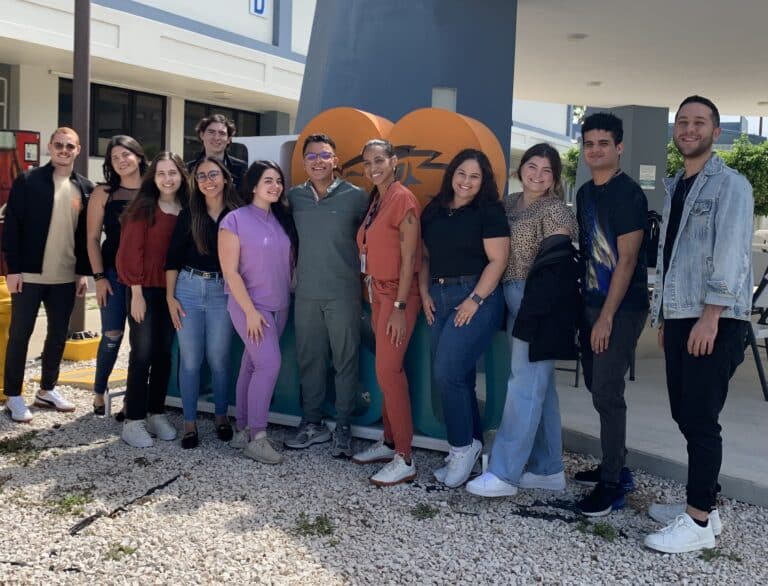
2024-2025
Yadiel Rivera
Luinet Meléndez
Joel Orengo
Dorca Marcano
Gretchen Albarrán
Lourdes M. Caro
James Torres
Vivianka Ramos
Ana Vargas
Axel Ufarry
Adrián Márquez
2023-2024
Nashaly Irizarry
Yobet Pérez
Yadiel Rivera
Paola Flores
Luinet Meléndez
Joel Orengo
Dorca Marcano
Stephanie Hernández
Gretchen Albarrán
Lourdes M. Caro
James Torres
2022-2023
Yesenia Rivera
Sheila Valle
Nelly Arroyo
Nashaly Irizarry
Joshua Pérez
Yobet Pérez
Yadiel Rivera
Elvin Hernandez
Paola Flores
Luinet Meléndez
Joel Orengo
2021-2022
Alexandra Aquino
Elliott Rodriguez
Luis Rivera
Jonathan Lopez
Yesenia Rivera
Sheila Valle
Nelly Arroyo
Joshua Pérez
Yobet Pérez
Yadiel Rivera
Elvin Hernandez
2020-2021
Roberto Morales
Jessalyn Pla
Alexandra Aquino
Elliott Rodriguez
Luis Rivera
Jonathan Lopez
Yesenia Rivera
Sheila Valle
Nelly Arroyo
Joshua Pérez
Yobet Pérez
2019-2020
Jetsimary García
Shirley Jusino
Roberto Morales
Miguel Oyola
Ronald Rodríguez
Lubriel Sambolín
Orlando Torres
Jessalyn Pla
Alexandra Aquino
Elliot Rodriguez
Jocelyn Rivera
Former Student Trainees
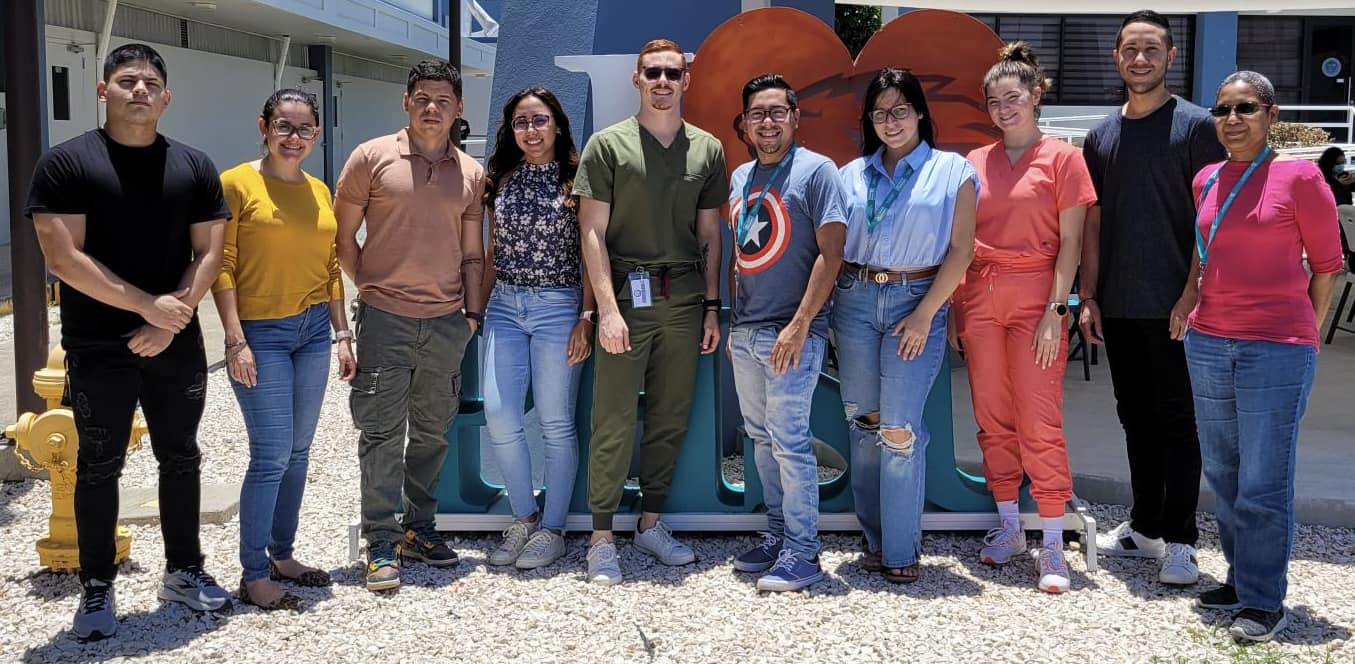
- Roberto Morales
- Alexandra Aquino
- Elliott Rodríguez
- Jessalyn Pla
- Sheila Valle
- Yesenia Rivera
- Jonathan López
- Nashaly Irizarry
- Yobet Pérez
- Lubriel Sambolin
- Luis Rivera
Mentors
To assist our RISE students to excel and progress efficiently through their coursework and degree requirements while publishing their research findings and enhancing their professional skills, we will assign each student a mentoring team consisting of student, faculty, and research mentors.
RISE faculty and research mentors
• Caroline Appleyard, Ph.D.
• Guillermo Armaiz, Ph.D.
• Julie Dutil, Ph.D.
• Idhaliz Flores, Ph.D.
• Jaime Matta, Ph.D.
• Richard Noel, Ph.D.
• James Porter, Ph.D.
• Vanessa Rivera-Amil, Ph.D.
• Harold Saavedra, Ph.D.
• Pedro Santiago, Ph.D.
• Marian Sepulveda, Ph.D.
Student Mentors
- Carmen Ortiz
- Siomara Hernández
- Marangelie Criado
- Neysha Martínez
- Mariano Colón
- Raymond Isidro
- Omar Soler
- Jaileene Perez
- Angel Nuñez
- Héctor Diaz
- Jocelyn Rivera
- Inevy Seguinot
- Ronald Rodríguez
- John Alvarado
- Orlando Torres
- Claudia Colón
- Lubriel Sambolin
- Shirley Jusino
- Roberto Morales
- Miguel Oyola
- Alexandra Aquino
- Jessalyn Pla
- Elliott Rodríguez
- Sheila Valle
- Yesenia Rivera-Escobales
- Luis Rivera
- Nashaly Irizarry
- Yobet Pérez
Mentoring resources
- NSF – Advisor, Teacher, Role Model, Friend: On Being a Mentor to Students in Science and Engineering • NEA – Minority Mentoring
Internal Committee Members
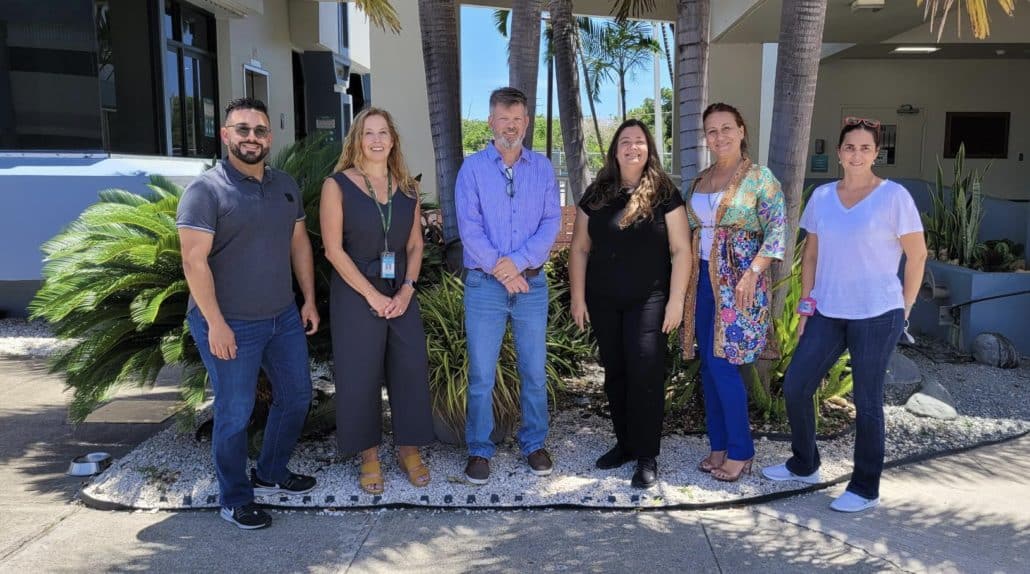
- Caroline Appleyard, Ph.D. Program Director
- James Porter, Ph.D. Associate Program Director
- Marian Sepúlveda, Assistant Professor
- Vanessa Rivera, Ph.D. Associate Professor
- Idhaliz Flores Caldera, Ph.D. Professor
- Robeto Morales, Student
External Committee Members (2017-Present)
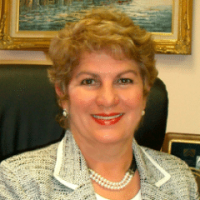

External Advisory Committee (2008-2017)
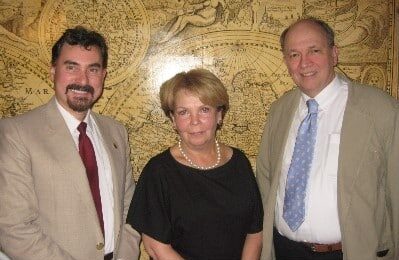
RISE Teaching Lab
The NIGMS- RISE Teaching Lab is available to all graduate students at PHSU.
The RISE Lab: Resources and Equipment for you!
Open to all graduate students at PHSU the NIGMS-RISE Teaching Lab offer:
- A full time laboratory technician for technical assistance and support in the operation of the equipment.
- Training and assistance in basic laboratory techniques such as preparation of solutions, pipetting, lab management, etc. Training sessions in molecular techniques like cloning, Western Blot, PCR, qPCR, RT PCR, RNA, DNA and protein purification, plasmid preparation and transformation.
- Equipment available upon request and reservation
- PRACTICAL APPROACH TO MOLECULAR BIOLOGY COURSE
- E-SIGN IN
- WEBINARS AND SEMINARS ON MOLECULAR BIOLOGY TECHNIQUES
- FORUM
- CONTACT US
PRACTICAL APPROACH TO MOLECULAR BIOLOGY COURSE
Course Description
A Practical Approach to Molecular Biology (BSG 774) is a 2-credit elective course that will provide first-year graduate students with specific technical skills that (regardless of their final field of research) will benefit them throughout the duration of their graduate education. The course’s “hands-on” nature will promote good general laboratory skills from the outset, ensuring that those who attend will be better able to contribute and adapt to their current research laboratories. Among the skills students will learn are making clear written laboratory reports, reading and interpreting relevant scientific papers, and predicting experimental outcomes. Students will perform multiple techniques in a laboratory setting while gaining an understanding of the theories behind those techniques—including technical limitations. As a result, they will be better prepared to participate in and learn from the small group discussions in other courses and in the journal clubs within the rotation laboratory. These activities will augment their critical thinking and analysis skills as well as result in improved English writing and oral presentations; in addition, attendees will profit by improvements in their proposal writing skills, an increase in publications, and an enhancement of their overall competitiveness.
This new research course complements the existing Ph.D. curriculum and will further the goals of the RISE Program “to provide continuing new and enhanced professional development and career skills training for NIGMS-RISE trainees at PHSU in order to strengthen their future competitiveness”. As science moves towards an ever greater use of multidisciplinary research approaches, such cross-training provides essential skills for future scientists.
Course Objectives
Upon satisfactory completion of this course, the students will be able to:
- Demonstrate fundamental safe laboratory practices
- Relate the general knowledge of the techniques learned in the course to specific experimental studies
- Handle and manipulate nucleic acids and proteins employing basic laboratory techniques
- Use standard procedures to analyze nucleic acids and proteins
- Set up laboratory equipment safely and efficiently
- Plan and carry out experimental procedures and, when necessary, identify possible sources of error
- Interpret data and report (both orally and in writing) the experimental data and results
- Utilize their newly acquired foundational knowledge of general laboratory practices and molecular biology to develop and/or further their careers in biomedical research
- Use and apply technical skills with a high level of competence, leading to long term success in their future careers in biomedical research
- Communicate effectively with others
- Recognize the value of commitment to professional responsibilities and research integrity
- Work both independently and in a team with others
Laboratory Equipment
- Multiskan Go Plate Reader
- Iblot
- -80oC freezer
- CO2 Incubator
- Biosafety Cabinet
- Dark Room Facility
- Inverted Microscopes
- Brightfield Microscope
- PCR chamber, thermocycler
- Electrophoresis (agarose and SDS-PAGE)
- Thermomixer, water bath, stir plate
- Balance, pH meter, pipettors and micropipettors, platform shaker
- Hybridization oven, UV crosslinker, microwave
- Refrigerated centrifuge, mini-centrifuge
- Autoclave, refrigerator
WEBINARS AND SEMINARS ON MOLECULAR BIOLOGY TECHNIQUES
- Abcam:
- Nature
- Promega:
Molecular Biology Virtual / Simulators Labs: Back to basics techniques: In this section you will find simulators or virtual exercises from basic molecular biology techniques like, DNA extraction, PCR, Agarose Gel Electrophoresis among others. This will help you refresh simple concepts and protocols necessary for your research area.
Molecular Biology Virtual / Simulators Labs I: Back to basics techniques
List of experiments
- Agarose Gel Electrophoresis (AGE)
- Restriction Enzyme Digestion
- Transformation of the Host Cells
- Extraction of DNA from Agarose gel
- Maintenance and Storage of DH5alpha E. coli cells
- Extraction of DNA from Fish Fins
- Plasmid Isolation (Mini prep)
- Preparation of Competent Cell (Calcium Chloride Treatment)
Molecular Biology Virtual/ Simulators Labs II: Back to basics techniques
http://vlab.amrita.edu/?sub=3&brch=186
List of Experiments (to access this section for free, you must register with your institutional e-mail)
- Preparation of Equilibrated Phenol
- Isolation of RNA
- Polyacrylamide Gel Electrophoresis
- PAGE (Polyacrylamide Gel Electrophoresis)
- Ligation (Using T4 DNA Ligase)
- Polymerase Chain Reaction (PCR)
- Electroblotting
- Plating of the Bacteriophage
- Plasmid Curing
- Extraction of Bacteriophage DNA from Large Scale Cultures Using Proteinase K and SDS
- To extract genomic DNA from the bacteriophage in a lysate.
Links for Advanced Webinars from manufacturers of products for the life science research.
This section is dedicated to webinars, videos and learning centers in advanced molecular topics from the principal’s manufacturers products for the life science research. Once you have complete understanding of the basic topics, you can apply them to your specifics research needs. The following information will guide you to specifics protocols and troubleshooting concerning to your experiments.
Qiagen Learning Hub
You will find webinars, videos, virtual demos.
Molecular Biology Methods: A comprehensive bench guide that provides protocols, hints, tips for success in all your laboratory applications.
https://www.qiagen.com/us/service-and-support/learning-hub/
Bio-Rad Learning Center
This section offers extensive technical information to guide you through your research and help you overcome obstacles in your experiments. Here you will find workflows, protocols, FAQs, videos and product demonstrations, and a wealth of technical information on the theory and principles behind important and cutting-edge life science technologies.
https://www.bio-rad.com/en-us/life-science-research/applications-technologies?ID=1120
Thermo Fisher Scientific Learning Centers
Is a huge library of educational assets. These include application notes, handbooks and sourcebooks, webinars, white papers, how-to videos, case studies, scientific posters, product selection guides, and more.
https://www.thermofisher.com/pr/en/home/technical-resources/learning-centers.html
Abcam Protocols and troubleshooting tips
Protocols and troubleshooting tips on how to get the best from their antibodies. You will find protocols – by application or protocols – by research area.
https://www.abcam.com/index.html?pageconfig=popular_protocols
RISE Alumni
RISE Alumni ListProgram Evaluator
Carlamarie Noboa Ramos, PhD, MS
University of Puerto Rico-Medical Sciences Campus
Program Coordinator
Jean Marie Schmidt
Links
- Federation for American Societies of Experimental Biology (FASEB)
- Bioethics Research Library
- American Association for Cancer Research
- American Association for the Advancement of Science
- The American Physiological Society
- The American Society for Pharmacology and Experimental Therapeutics
- Biotechnology Industry Organization
- Keystone Symposia
- Research in Puerto Rico
- National Institutes of Health
- National Science Foundation
- Society for Advancement of Chicanos and Native Americans in Science
- Society for Neuroscience
- Research Associateship Programs
- Web Guide to Research
Contact Us
For program inquiries, please email psmrise@psm.edu , or contact:
Caroline Appleyard
RISE Program Director
Email: cappleyard@psm.edu
Office #62-Research Building II (J).
Phone: 787-840-2575, ext.4710 (office) 5658/5664 (lab)
Fax: 787-841-1040
James Porter
RISE Associate Program Director
Email: jporter@psm.edu
Office #63-Research Building II (J).
Phone: 787-840-2575, ext. 4709
Jean Marie Schmidt, M.Ed.
Program Coordinator
Email: jschmidt@psm.edu
Office: Research Building # 223
Tel: (787) 284-2038
Mailing address
Ponce School of Medicine
NIGMS-RISE Program
PO Box 7004
Ponce, PR 00732